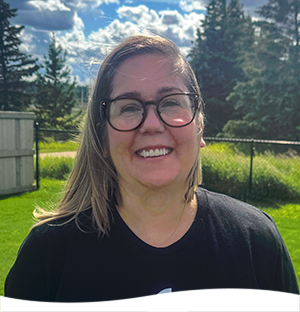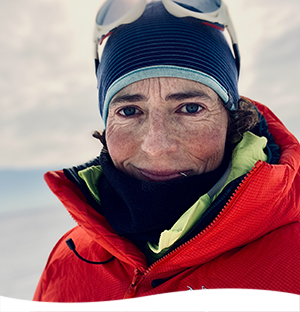The Resilience Institute team embarked on an ambitious journey in collaboration with Associated Engineering and the Prairie Adaptation Research Collaborative to lead five Community-Wide Climate Risk Assessments in three Indigenous communities: Piikani Nation; Willow Lake Métis Nation; and Fort McKay First Nation, plus two mountain communities: the Municipality of Jasper and the Town of Hinton, both in the Canadian Rockies.
Our team explored emerging good practices in community engagement for relevant climate adaptation planning and implementation of strategies in small, rural, and Indigenous communities. The outcomes of this work position these communities to advance their resilience to current and future climate induced disasters. Climate change education is a key component of the assessment process and will contribute to informed decision-making on adaptation strategies.




